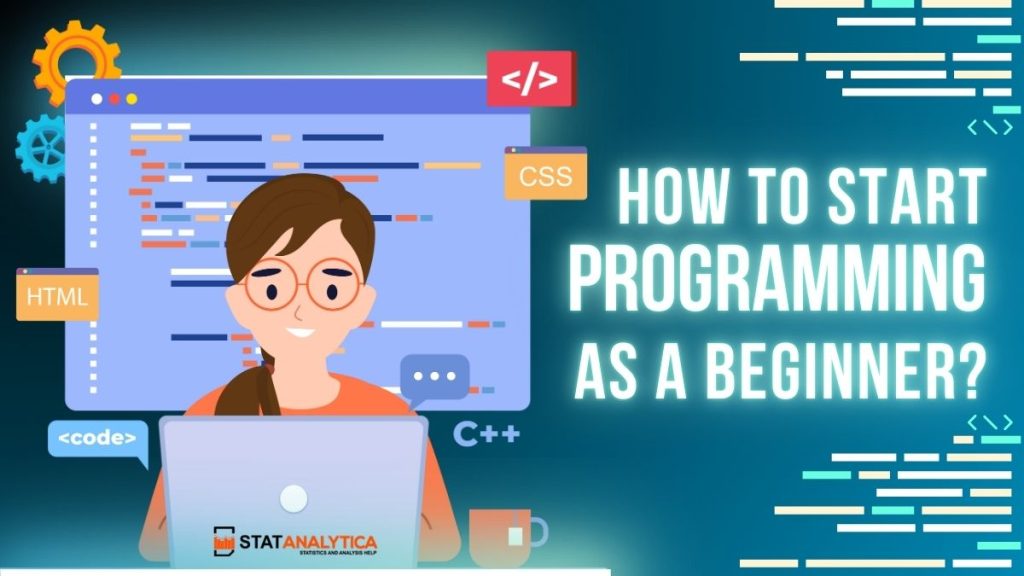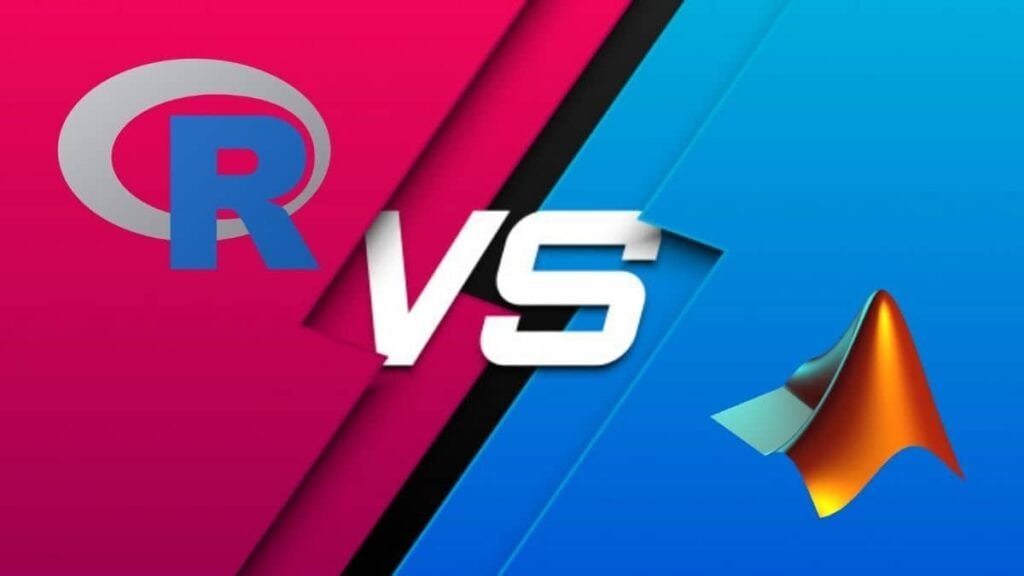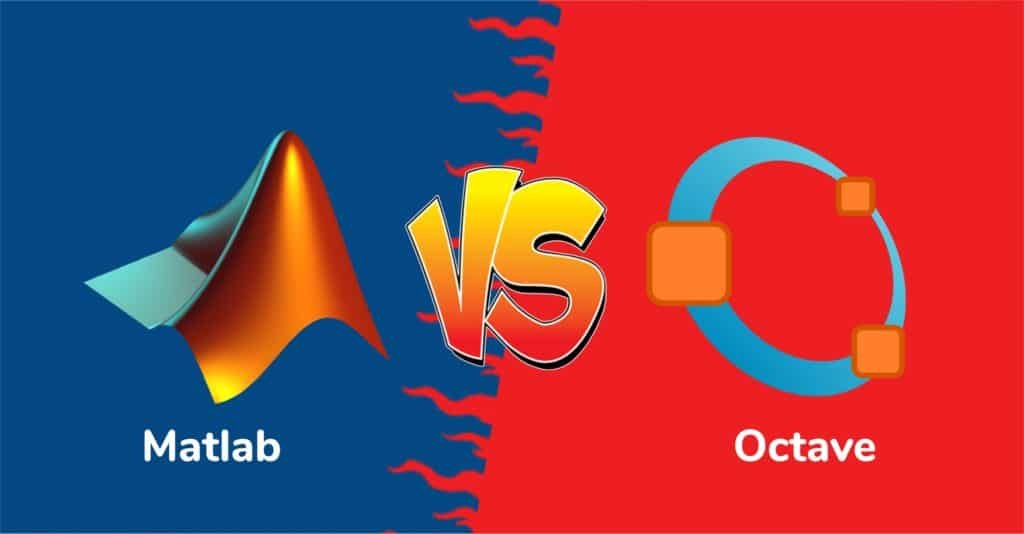In today’s blog, we will discuss everything about how to start programming as a Beginner. Let’s start!
Starting a journey in programming can feel like stepping into a whole new world with its language and rules. For beginners, understanding where to start, which language to learn, and how to stay motivated can seem overwhelming. But with the right roadmap, programming can become an exciting and rewarding skill that opens up endless opportunities. This guide will walk you through every step of starting programming, offering insights into choosing your first language, setting up essential tools, and building the skills you need to succeed.
Importance of Programming in Today’s Tech-Driven World
Table of Contents
Programming has become an essential skill in nearly every industry as technology continues to reshape our world. From automating repetitive tasks to driving advancements in artificial intelligence and machine learning, programming is the backbone of modern innovation. It powers everything from smartphones to the platforms we rely on daily, like social media and e-commerce sites.
Beyond creating new technologies, programming also enhances problem-solving skills and logical thinking, making it valuable across many roles and professions. As digital transformation accelerates, learning to program offers individuals a way to stay relevant, contribute to groundbreaking projects, and harness the full potential of the digital age.
Why You Should Learn Programming?
Before knowing how to start programming as a beginner, you should also get to know the reasons that will motivate you to learn Programming. Programming is an essential skill in today’s digital age, not only for tech professionals but for anyone looking to enhance their problem-solving abilities and logical thinking. Here are some reasons to consider programming:-
Career Opportunities: Programming is a core skill in many high-demand fields, including software development, data science, and AI.
Flexibility and Remote Work: Many programming language jobs allow you to work from home or have flexible hours.
Personal Projects and Creativity: Programming allows you to create apps, websites, and tools, bringing your ideas to life.
Problem-Solving Skills: Learning programming enhances critical thinking and logical reasoning, valuable skills in any field.
How To Start Programming as a Beginner?
Set Your Goals and Understand the Basics
Before diving into coding, it’s essential to set clear goals. Decide whether you want to become a software developer, automate tasks, or simply learn programming as a hobby. Knowing your goals will help you choose the right learning path and stay focused.
Understanding the Basics of Programming
Programming involves providing a computer with instructions to carry out specific tasks. Here are a few key concepts:
Algorithms: A series of instructions designed to solve a specific problem.
Syntax: The guidelines and framework that define how a programming language is written and interpreted.
Data Types: Different types of data that a program can process (e.g., integers, strings, etc.).
Choosing Your First Programming Language
Selecting a beginner-friendly language is key to building confidence and getting productive quickly. Here are a few popular options for beginners:
Python: With its straightforward syntax and ease of readability, Python is a popular choice among both beginners and professionals. It’s especially well-suited for web development, data science, and artificial intelligence.
JavaScript: JavaScript is crucial for web development, as it powers dynamic content on websites. It also offers beginners the advantage of seeing instant results directly in a web browser.
Java: Java is a highly adaptable language commonly used for mobile app development and enterprise solutions. While it may take more time to master, its versatility makes it valuable across various industries.
C++: C++ is a great choice if you’re looking to gain a deeper understanding of how programming languages function.
Choose the language that aligns with your goals. If you need more clarification, Python is often the best choice for absolute beginners.
Setting Up Your Environment
Once you have a language in mind, set up your programming environment to start coding.
1. Install a Code Editor
VS Code: A popular, beginner-friendly code editor with extensive features and support for multiple languages.
Atom: An open-source editor with a clean interface, suitable for beginners.
2. Configure an Integrated Development Environment (IDE)
Depending on your chosen language, an IDE might be beneficial. For example:
PyCharm: Ideal for Python.
Eclipse: Popular for Java.
Learning Resources and Courses for Beginners
There are countless resources for beginners, from free courses to comprehensive guides. Here’s a selection of valuable resources:
Free Platforms
Codecademy: Offers interactive courses on multiple languages, ideal for hands-on learning.
Khan Academy: Great for foundational programming concepts, especially in JavaScript.
FreeCodeCamp: A community-driven platform with extensive exercises and certification programs.
Paid Courses
Udemy: Offers a range of beginner-friendly courses, often at discounted prices.
Coursera: Provides university-level courses from institutions like Stanford and Harvard.
Pluralsight: Known for its in-depth tutorials, particularly valuable for intermediate to advanced learners.
Building Simple Projects to Practice
Practice is crucial in programming. Here are some beginner projects that can help you solidify your skills:
Calculator App: A simple project to learn basic operations and user interface elements.
To-Do List: A slightly more complex project that introduces data storage and manipulation.
Weather App: Learn to work with APIs and fetch real-time data from external sources.
Overcoming Common Challenges
As a beginner, you’ll likely encounter some challenges. Here are some typical challenges beginners face, along with tips on how to tackle them effectively:
Debugging Errors: Don’t be discouraged by errors. Instead, use online resources like Stack Overflow for troubleshooting.
Staying Motivated: Start with small, manageable goals to build momentum.
Avoiding Overwhelm: Focus on one language or concept at a time. Avoid switching languages frequently in the beginning.
Networking and Community Support
Joining a programming community can provide invaluable support and motivation. Consider these options:
GitHub: An essential platform for sharing projects and collaborating with others.
Reddit Communities: Subreddits like r/learnprogramming offer advice and discussions for beginners.
Meetup Groups: Many cities have coding meetups where you can connect with others and get help.
Best Practices for Lifelong Learning in Programming
Programming is a field of constant learning. Here’s how to build effective habits for lifelong development:
Practice Regularly: Consistent practice yields better results than trying to learn everything at once.
Challenge Yourself: After learning the basics, try working on slightly harder projects to keep improving.
Stay Curious: Technology and programming languages are always evolving, so stay updated with the latest trends and tools.
How Long Does It Really Take to Learn Programming Basics?
After knowing how to start programming as a beginner, you should also know how long it will take to learn the basics.
Learning the basics of programming is often faster than people expect. Still, it depends on factors like the amount of time you can dedicate, the language you’re learning, and the resources available to you.
On average, with consistent practice, a beginner can grasp fundamental programming concepts within 3 to 6 months. This includes understanding syntax, writing basic scripts, and tackling simple projects.
For those learning part-time or juggling other responsibilities, the timeline may extend to around 6 to 12 months.
To make steady progress, focus on learning one language at a time, take advantage of hands-on projects, and practice daily or weekly. Remember that programming is as much about problem-solving as it is about coding syntax, so working on small tasks regularly will help reinforce your knowledge and build confidence.
Conclusion
Starting programming as a beginner might seem challenging, but with a structured approach, clear goals, and consistent practice, anyone can learn to code. Begin with a simple language, work on small projects, and leverage the many free resources available. Remember that every programmer was once a beginner, and with dedication, you’ll soon find yourself confidently writing code and creating solutions of your own. We hope that this blog has cleared all your doubts regarding how to start programming as a beginner.
FAQs
Do I need a computer science degree to become a programmer?
No, many successful programmers are self-taught. Numerous online resources, boot camps, and courses provide a solid foundation without requiring a degree.
Can I learn programming without a strong math background?
Yes! While certain fields like data science may require math, many programming tasks do not. Strong problem-solving skills and logical thinking are more crucial than advanced mathematics.


